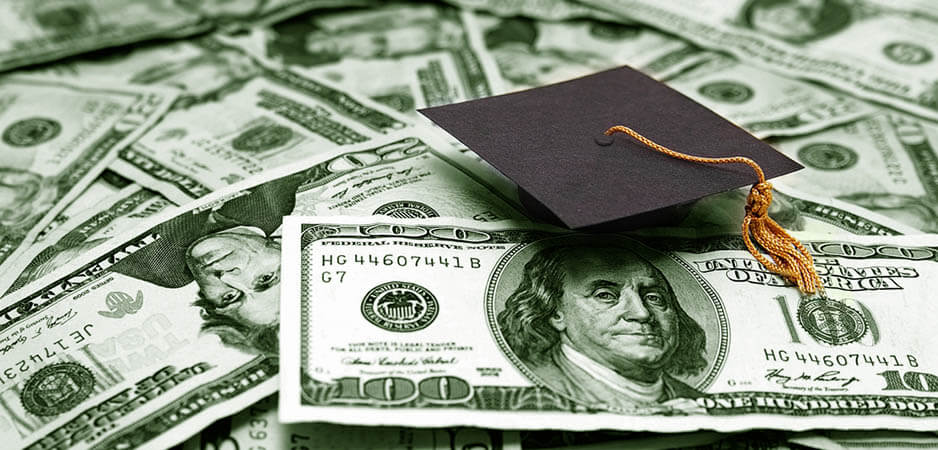
The conservative majority of the Supreme Court sent a signal that may be putting President Biden’s student loan forgiveness plans in peril. However, Associate Justices Amy Coney Barrett and Brett Kavanaugh may be the key in the case. Read to know why.
SC decision date on student loan forgiveness cases
The US Supreme Court is currently weighing two challenges to President Biden‘s $400 billion student loan forgiveness plans. If implemented, it can essentially wipe away as much as $20,000 in debt for some. Following the arguments, tentative votes will be cast and a decision is expected before July. The six conservative states challenging Biden’s plan argued that MOHELA, a state-made entity will lose revenue if the debt was forgiven. MOHELA is a student loan service and a quasi-state agency. “If MOHELA is an arm of the state. All of this would be a lot easier. If MOHELA is an arm of the state, why didn’t you just strong arm MOHELA and say ‘you’ve got to pursue this suit’?” asked Barrett.
Missouri sued as MOHELA directs some funds to the state. However, the organization did not sue. The question is key in the student loan forgiveness case because Biden would get a narrow win if the court rules that states and borrowers are not harmed by the new policy. “Barrett, along with the three liberal justices, seemed deeply skeptical that any of the parties have standing. I do think there is a possibility the Biden administration could prevail if there are five justices who agree. That the challengers don’t have standing,” stated Adam Minsky. Minsket is an author, attorney, and expert on the matter.
More on the matter
However, given the SC’s 6-3 conservative makeup, the vote will need another number even if Barett joins the liberals. At one point, Kavanaugh stated, “some of the finest moments in the court’s history were pushing back against presidential assertions of emergency power”. However, “As Kavanaugh noted more than once. Congress used an ‘extremely broad word’ when it gave the education secretary the authority to ‘waive’ provisions related to student debt. He asked…why the court should ‘not just read that as written’. That is exactly what the government is asking the court to do,” explained Smita Ghosh. Ghosh is an appellate counsel from the Constitutional Accountability Center.
